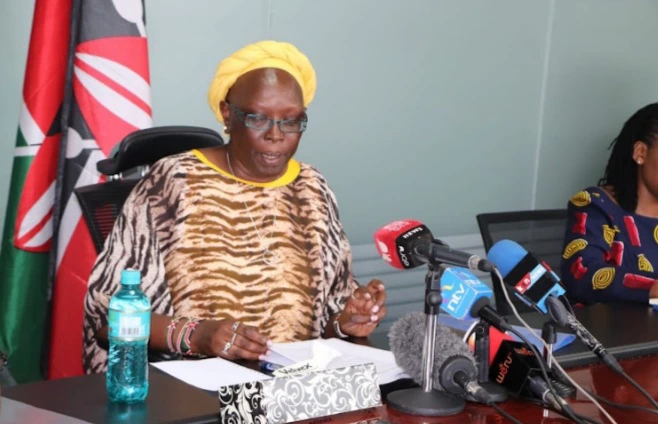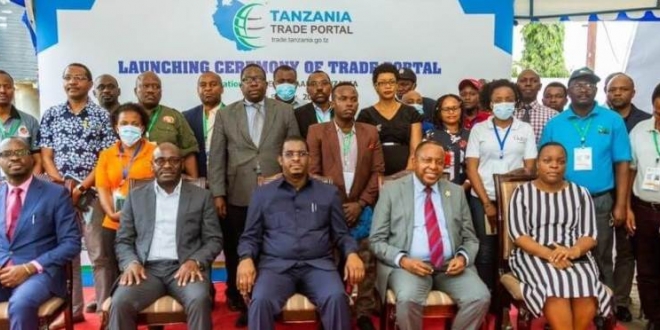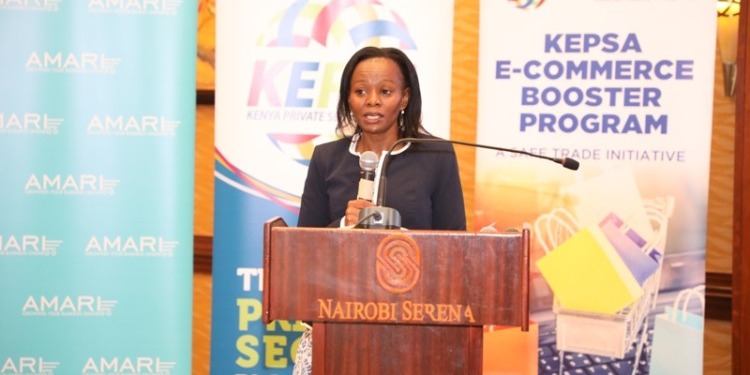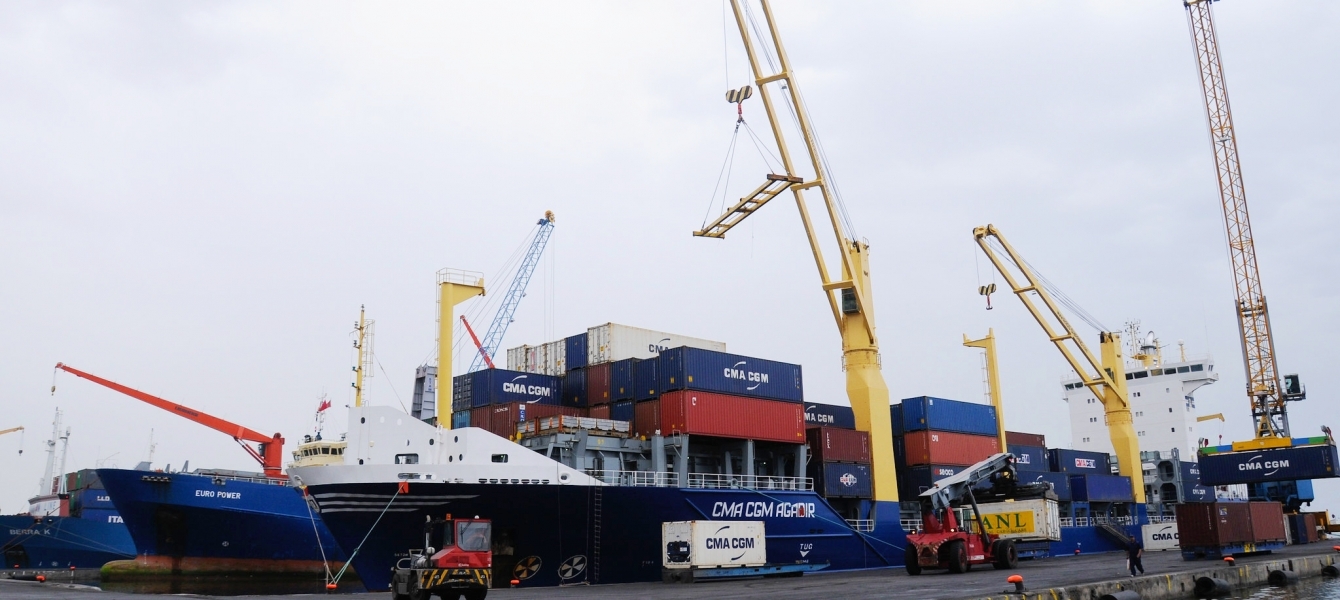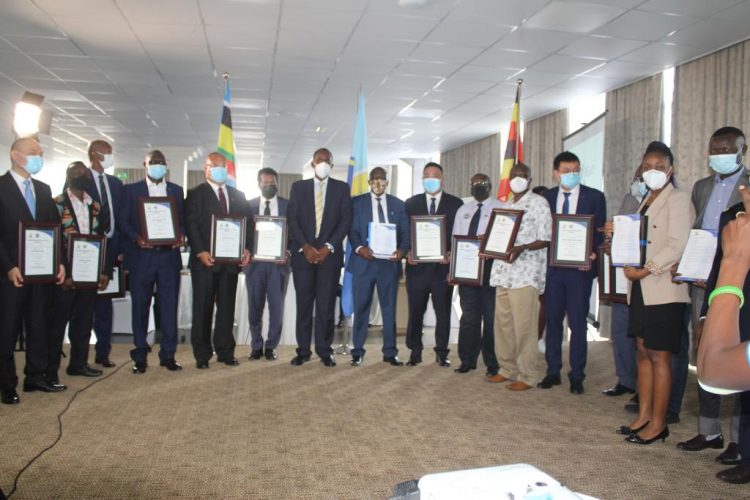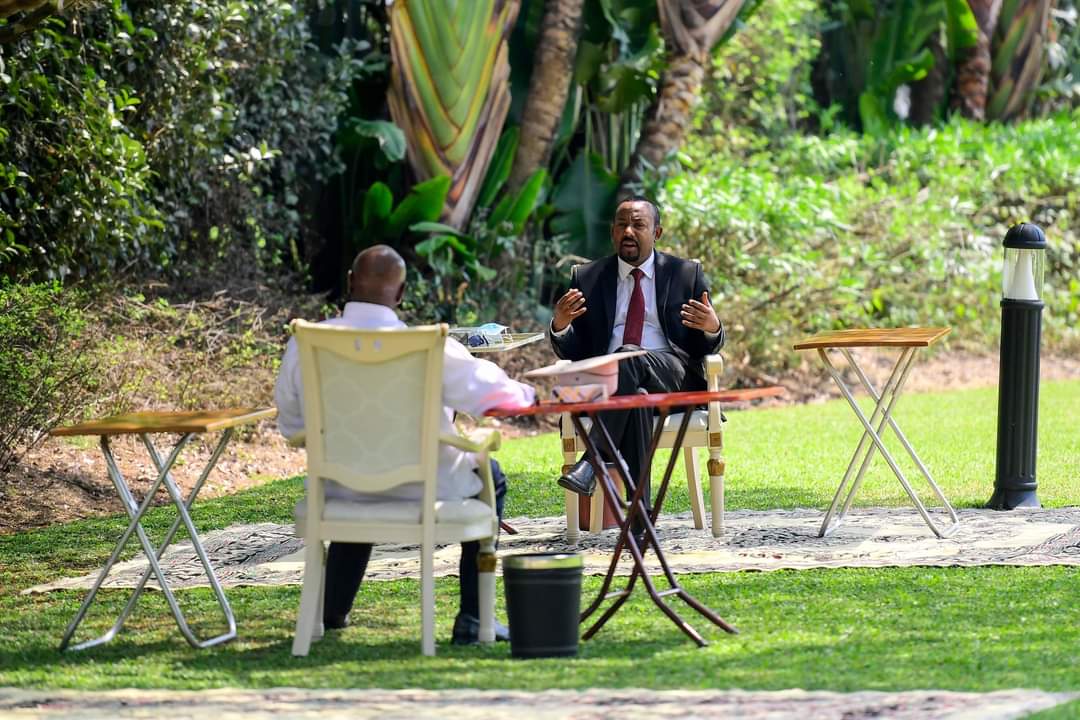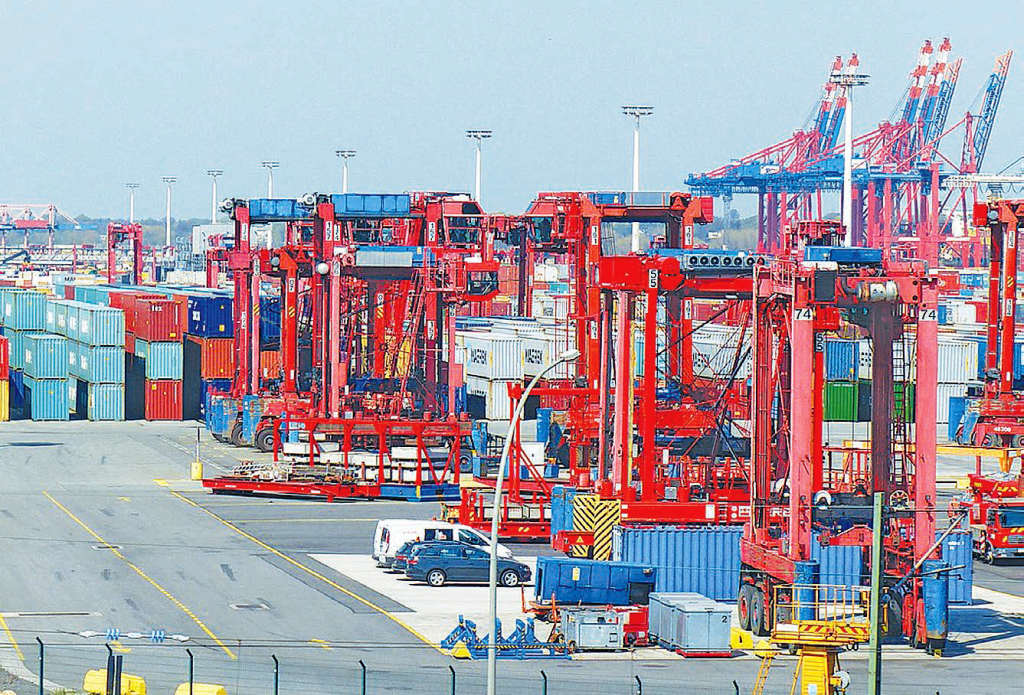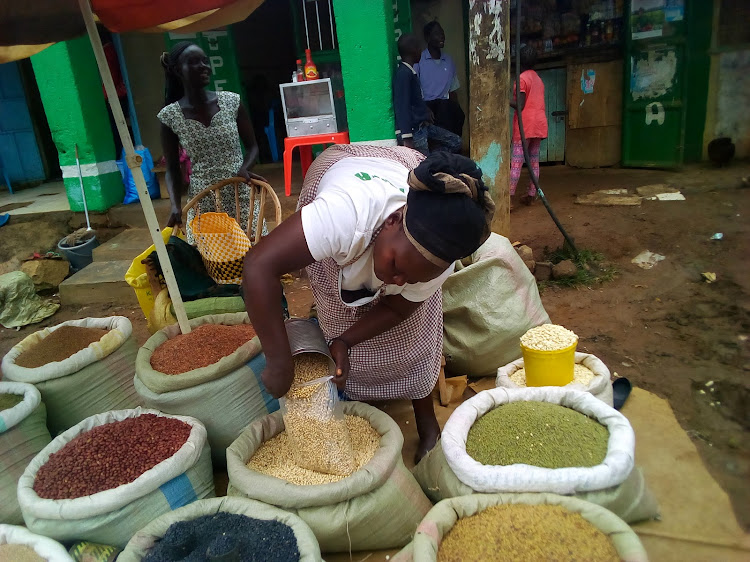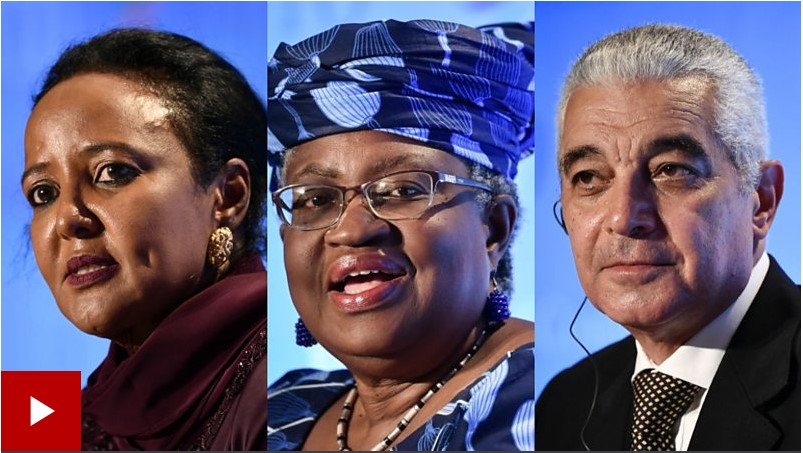Representatives of Kenya and the United States agreed to deepen trade engagement to promote the interests of both countries. Kenya is seeking to negotiate and conclude a trade agreement with the United States. In a statement Tuesday, Industrialization and Trade CS Betty Maina said officials agreed to deepen trade engagement to promote the interests of the two countries. Maina held virtual consultations Monday evening with US Trade Representative Katherine Tai. According to the SC, Ambassador Tai observed that the United States was interested in a work-centered approach to trade policy that fits into the Biden-Harris administration's overall trade policy... For his part, CS Maina expressed Kenya's desire to conclude a trade deal that gives confidence to investors while preserving the country's commitments under its regional, continental and multilateral trade agreements. It comes weeks after Kenya and the UK agreed to use blockchain technology to unlock trade logistics. This was done through the signing of a memorandum of understanding between the Institute of Export and International Trade and Trade Mark East Africa at the Kenya High Commission in London. The MoU provides a framework for collaboration to implement a digital trade corridor between the UK and Kenya. The UK-Kenya Trade Logistics Information Pipeline (TLIP) aims to eliminate paperwork and introduce a digital process that increases visibility upstream and downstream of supply chains. The system uses blockchain technology to connect all actors in the supply chain, thus seeking to enable rapid logistics clearance and easier trade. Speaking at the reception hosted by...
Kenya, United States Resume Trade Negotiations
Posted on: August 30, 2021
Posted on: August 30, 2021

